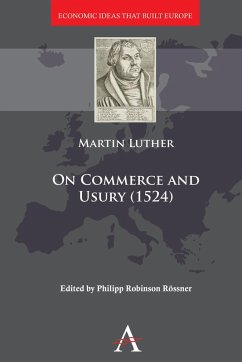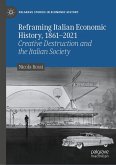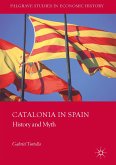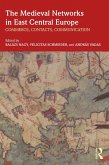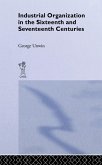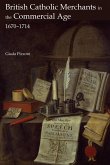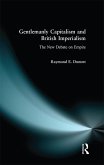Against the backdrop of today's renewed uncertainty over the present economic system, this timely volume presents Martin Luther's contribution to the modern economic sciences, providing a detailed introduction and revised translation of his major pamphlet on economic matters, 'On Commerce and Usury' ('Von Kauffshandlung vnd Wucher', 1524). In his teachings on indulgences Luther picked up on the question of hoarding money, and was among the earliest voices in early modern Europe calling for an 'ethical' economics. Luther's work prefigured many later contributions to modern economic theory, from the mercantilists and cameralists to the German Historical School.
Luther was, apparently, quite near to what the British economist J. M. Keynes developed as a 'general theory' in 1936, relating the power of spendthrift and a pro-active state which made people consume and invest in the economy. And Luther was always very clear about the basic fact that - in order for the economy to work well and society to flourish - markets need rules. Luther's prescience and enduring relevance are brought to the fore in Philipp Robinson Rössner's authoritative introduction and notes.
Luther was, apparently, quite near to what the British economist J. M. Keynes developed as a 'general theory' in 1936, relating the power of spendthrift and a pro-active state which made people consume and invest in the economy. And Luther was always very clear about the basic fact that - in order for the economy to work well and society to flourish - markets need rules. Luther's prescience and enduring relevance are brought to the fore in Philipp Robinson Rössner's authoritative introduction and notes.
Dieser Download kann aus rechtlichen Gründen nur mit Rechnungsadresse in A, D ausgeliefert werden.

